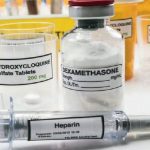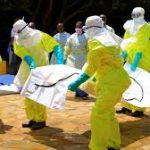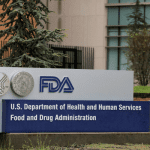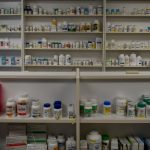The U.S. Food and Drug Administration on Thursday expanded the use of Amgen Inc’s leukemia drug Blincyto to include patients who are in remission but still have residual signs of the disease. The drug, part of a class known as bispecific antibodies, is already approved for patients with acute lymphoblastic leukemia (ALL) whose cancer has returned after treatment or did not respond to previous treatment, such as chemotherapy.
The expanded approval is for patients with “minimal residual disease,” meaning the presence of cancer cells below a level that can be seen under a microscope. Such patients, who can now be identified with new molecular testing, still have an increased risk of relapse.
The FDA approval marks the first time molecular tests are being used to identify patients for early intervention in order to prevent cancer from reappearing, said Gregory Friberg, head of oncology global development at Amgen.
In studies, four out of five patients with residual ALL showed no signs of the disease after a single cycle of Blincyto, he said. The drug can cause serious side effects including a potentially life-threatening inflammatory condition called cytokine release syndrome.
An estimated 5,960 Americans will be diagnosed with ALL this year, and around 1,470 will die from the disease, according to the National Cancer Institute.
Amgen’s sales of Blincyto, which has an average wholesale price near $173,000, totaled $175 million last year.













